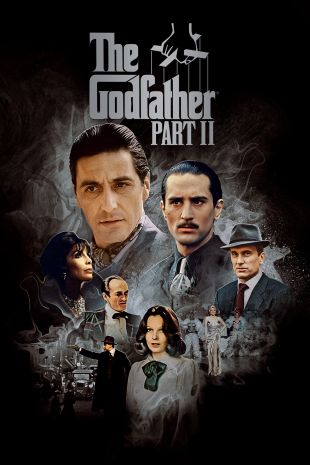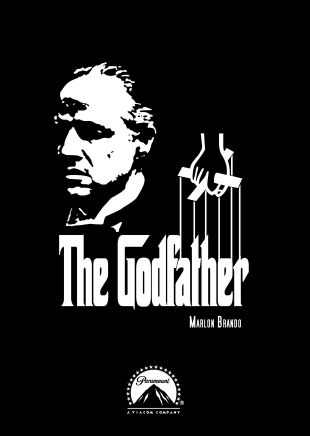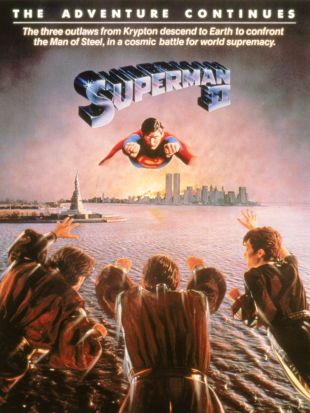Academy Award-winning scriptwriter Mario Puzo openly confessed to having written The Godfather for money. He had been struggling to support his family and was in need of a commercial success when he sold the script adaptation of his novel to Paramount Pictures for 10,000 dollars. What happened next is Hollywood legend. The movie earned 11 Academy Award nominations and received three, including a 1973 Best Adapted Screenplay award for Puzo. Two years later, he won another Best Adapted Screenplay Oscar for The Godfather Part II.
Puzo was born October 15, 1920, in Manhattan's Hell's Kitchen to Italian immigrants. A military stint in Germany during WWII led the way, via the G.I. Bill, to studies at New York's New School for Social Research, as well as further study at Columbia University. Puzo's first novel, The Dark Arena, was published in 1955; his second and his best, in the opinion of many, The Fortunate Pilgrim, was printed in 1964. Both met with critical but not financial success, which led to the aforementioned fiscal difficulties that forced Puzo to write his third novel, The Godfather. Although the author was not connected with the Mafia (or so he claimed), the novel was extremely popular with the people whose lifestyles it portrayed, as well as the moviegoing public. It spawned two sequels, for which Puzo supplied the screenplays. He also acted as the screenwriter for Earthquake (1974), Superman: The Movie (1978) and Superman II (1980), as well as The Cotton Club (1984), The Sicilian (a 1987 film based on his 1984 novel of the same name), and Christopher Columbus: The Discovery (1992). In 1997, Puzo's 1996 novel The Last Don was made into a television miniseries starring Danny Aiello and Joe Mantegna, and the same year, his novel The Fortunate Pilgrim was reprinted. Puzo died at his home on Long Island, on July 2, 1999.


